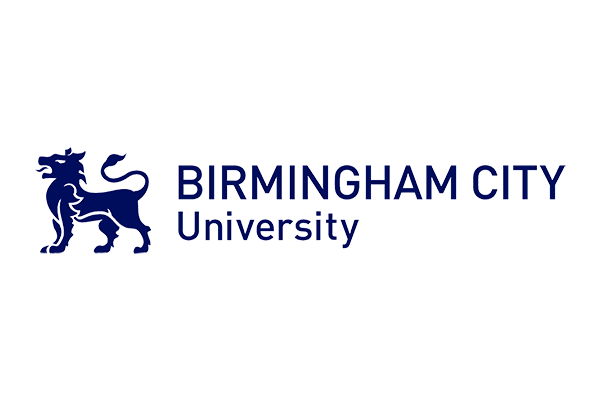
Food Chemistry
University of Würzburg, Germany
Overview
Graduates' ability to decide whether existing methods need to be optimized, further developed, or newly developed with regard to their suitability for analyte determination is based, on the one hand, on their knowledge of the available methods and their understanding of their chemical and physical principles. On the other hand, they possess knowledge in the areas of product science, (food) chemistry, and food law and can thus assess the suitability of a method with regard to the expected quantity, the matrix of the food, cosmetic, consumer goods, or feed, as well as possible interferences and limit values to be monitored. To a lesser extent, this also applies
to the field of environmental analysis. Graduates demonstrate that they have acquired these skills in the relevant modules by passing the respective final exams.
Similar Programmes
Bachelor's Degree
36 months
Chemistry (B.Sc.)
University of Göttingen, Göttingen, Germany
Earliest Intake
March 2026
Gross Tuition
7800 €
Master's & Postgraduate
24 months
Advanced Synthesis & Catalysis (SynCat) M.Sc.
University of Regensburg, Regensburg, Germany
Earliest Intake
May 2026
Gross Tuition
402 €
Bachelor's Degree
36 months
Chemistry
University of Reading, Reading, United Kingdom
Earliest Intake
September 2025
Gross Tuition
30650 £
Bachelor's Degree
36 months
Chemistry with Cosmetic Science
University of Reading, Reading, United Kingdom
Earliest Intake
September 2025
Gross Tuition
30650 £
Master's & Postgraduate
48 months
Chemistry with Sustainability
University of Birmingham, Birmingham, United Kingdom
Earliest Intake
June 2025
Gross Tuition
29160 £
Uni4Edu AI Assistant









